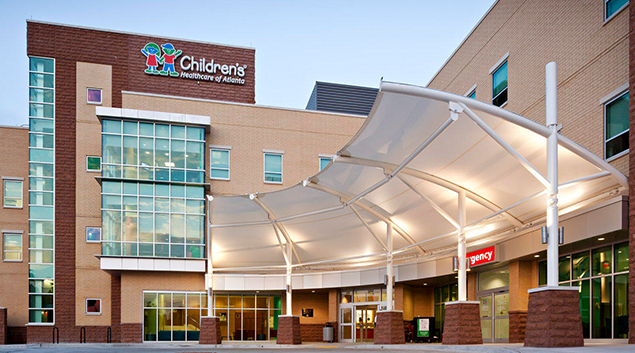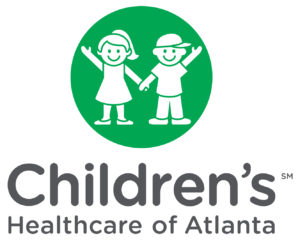The Center for Economic Development Research at Georgia Tech’s Enterprise Innovation Institute (EI2) continues to play a critical role in the Investing in Manufacturing Communities Partnership (IMCP) initiative in northwest Georgia.
Northwest Georgia is home to the largest concentration of floor covering manufacturers in the world, and boasts production of more than 70 percent of the world’s total floor covering output, valued at over $9 billion. In September 2013, EI2 and the Northwest Georgia Regional Commission (NWGRC) were awarded an $85,000 challenge grant through the U.S. Department of Commerce, Economic Development Administration’s (EDA) IMCP initiative to develop a comprehensive strategy focused on advanced manufacturing in the floor covering industry in the 15-county northwest Georgia region.
IMCP is a White House administration-wide initiative that is designed to accelerate the resurgence of manufacturing and help cultivate an environment for businesses to create well-paying manufacturing jobs in regions across the country. IMCP supports the President Obama’s Advanced Manufacturing Partnership, launched in 2011, and is a critical component of the U.S. Department of Commerce’s “Open for Business Agenda,” which prioritizes trade and investment.
EI2 led the creation of an “Advanced Manufacturing Strategy” for the 15-county Northwest Georgia region, as well as the successful application to become an EDA-designated Manufacturing Community during EDA’s first round of designations in 2014. Since 2014, EI2 has continued to provide implementation services under the Manufacturing Community designation in partnership with the NWGRC that have led to such notable results including the creation of an Advanced Manufacturing Academy at the Northwest Georgia College and Career Academy (part of the Technical College System of Georgia), selection into the Aspen Institute’s “Communities That Work Partnership” workforce development program, a statewide apprenticeship program with the U.S. Department of Labor, a new regional inland port in Murray County with the Georgia Ports Authority, a post-consumer carpet recycling technology pilot program in Dalton, and a veteran’s hiring program for transitioning military through Georgia Tech’s VET2 program.
Visit the initiative’s website: www.floor360.org.

For more information, contact:
Leigh Hopkins, AICP
Sr. Project Manager
ude.hcetagnull@snikpoh.hgiel
404-894-0933













